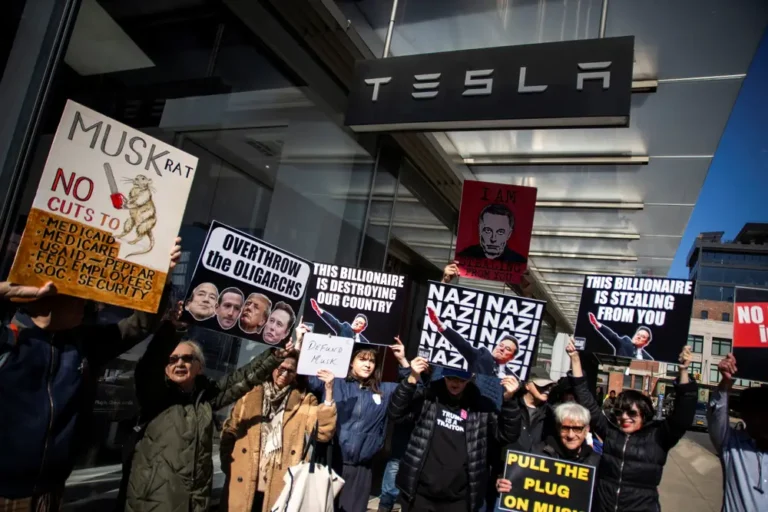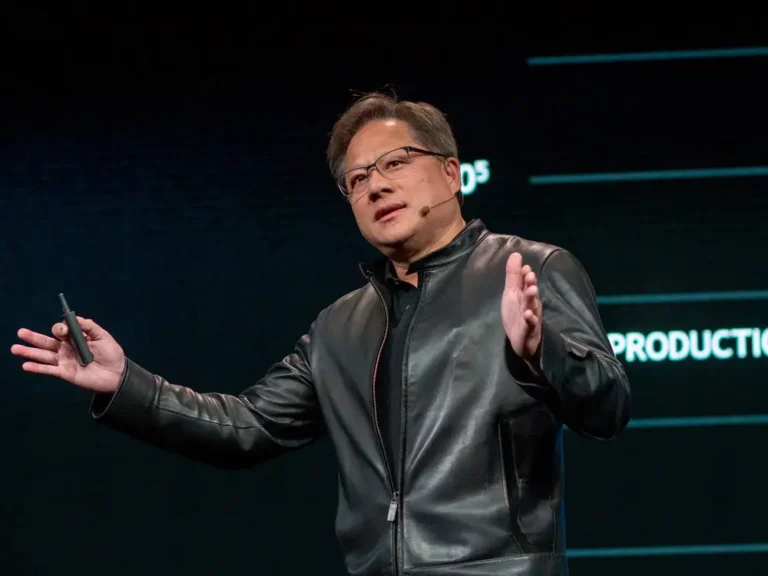Inside the implosion of dark kitchen startup Kbox Global, another pandemic-era boom beginning to bust

- Ghost kitchens, which only serve food-delivery firms like Uber Eats, exploded during the pandemic.
- One, Kbox Global, raised $21 million in 3 months in 2020 and landed YouTuber MrBeast’s burger brand.
- But 3 years on, its founder has quit, 18 staffers got let go, and the company is up for sale.
Salima Vellani had a knack for securing cash.
She founded the London-based dark-kitchen startup Kbox in 2019, after years of investing in and establishing food and beverage brands around the world.
It appeared to be a good idea. As food delivery became more popular, ancillary investor interest in ghost or dark kitchens increased. The Saudi sovereign wealth fund invested $600 million in CloudKitchens, the dark-kitchen startup founded by Uber founder Travis Kalanick, the same year.
The pandemic would increase investor interest in the sector. And, according to a former Kbox employee, Vellani was “amazing at raising money.”
She raised £17 million (approximately $20.7 million) from Revolut backer Balderton Capital and Darktrace investor Hoxton Ventures in three months in 2020.
“The first two rounds of funding were some of the easiest money I’ve ever raised,” Vellani told Insider. “I had the pick of who I wanted to invest, and it only took two weeks, money was pretty easy to come by during COVID-19.”
However, two years after this substantial funding for an early-stage European startup, Vellani abruptly exited the company, citing health issues. Fast forward to September of this year, and the remaining company has gone into administration, which is roughly equivalent to Chapter 11 bankruptcy in the United States, with its 18 employees laid off. Interpath, based in London, has been appointed joint administrator and is now exploring sale options for what remains of the business.
Kbox’s demise and fire sale is a cautionary tale of a pandemic-era boom followed by a low-interest-rate bust, particularly in the delivery sector. Butler closed in 2022, Reef Technologies closed hundreds of locations, and CloudKitchens laid off employees last year, among others.
Vellani, as well as former Kbox employees and investors, were interviewed by Insider. Those who worked with Vellani raised concerns about her ability to manage and grow a startup, cited a lack of technological know-how, and discussed the difficulties of achieving quality at the usual breakneck speed of a startup. These sources spoke on the condition of anonymity because they did not want to jeopardize investment or future employment opportunities. Insider is aware of their identities.
Balderton Capital did not respond to requests for comment for this article. Hoxton Ventures did not respond to requests for comment on the record.
Kbox was like a supercharged Airbnb for kitchens.
The majority of dark kitchens are shed-like spaces located in parking lots or other unappealing locations. Kbox worked in a different way, providing a software toolkit and access to menus from trendy “virtual brands” to assist pubs and hotels in training their chefs to do food delivery during off-peak hours.
MrBeast Burger, the delivery-only brand founded by YouTuber MrBeast, aka Jimmy Donaldson, was among these virtual brands.
Another was Kbox subsidiary Absurd Bird’s fried chicken brand.
In theory, it was a clever plan. Kbox did not have to run any kitchens or hire chefs. It targeted establishments that sold food but were not typically on food-delivery apps, such as bingo halls, which were hit hard by the pandemic. Vellani got her start at a similar company, Lean Kitchen Network, before leaving a few months later to found Kbox.
However, execution was more difficult than it appeared. Kbox needed to do everything: make sure the virtual brand food items were both appealing and easy to cook; build a strong sales team; ensure consistent food quality (or risk negative reviews); and market its virtual brands effectively on food apps.
“Get any one piece wrong, and the whole thing falls apart,” one Kbox participant explained.
Some things did go wrong.
“We can have these amazing poke bowls from underused places which helps suffering pubs or hotel make some revenues but it’s hard to keep up the food quality,” someone else said. “You’re only judged on food quality, but if the chef is doing 10 times the work for same money, then it’s a fundamental problem.”
Following an initial surge of interest, both Uber Eats and Deliveroo would eventually reduce their reliance on virtual brands. Quality control was one of the reasons, with MrBeast complaining on X that he “couldn’t guarantee” the quality of his brand.
According to Vellani and others, Kbox also struggled with low margins, labor shortages exacerbated by Brexit, and competition.
According to two former employees, Vellani lacked the technical know-how to create what was ultimately a software platform. They also said that Kbox was run “like a dictatorship.”
Vellani brought in her brother, Karim Vellani, to provide more operational expertise, which was approved by the board. Karim eventually became the interim chief operating officer.
Vellani acknowledged her lack of direct technical experience in an email comment, but stated that she was working to address this through other C-suite hires. She refuted the former employees’ assessment of her management, claiming that “everyone had a voice.” She went on to say that some people found it difficult to take direction from a woman.
A proposed exit failed to materialize.
Vellani attempted to sell or merge her startup with a Middle Eastern company in the summer of 2022, hoping for a cash injection and scale. The deal was rejected by the Kbox board of directors, according to Vellani and the company’s investors.
Vellani stated that she resigned from the company around this time due to health issues.
She was succeeded by Sydney-based Ben Schultz, who served as CEO until the company was taken over by administrators earlier this month.
Kbox continued to operate after Vellani’s departure, but as one company insider put it, the “writing was on the wall.” Another described Kbox’s demise as a “slow-motion train wreck.”
Kbox attempted to re-capitalize the business with cash from existing investors and angels in recent weeks, while also exploring options to sell itself, according to one source familiar with the proceedings.
According to a source familiar with the proceedings, one potential acquirer was Kitchen United, a US operator that raised $80 million in funding last year. When contacted by Insider, Kitchen United did not respond to a request for comment.
Despite last-minute fundraising efforts, Kbox was forced into administration on October 11.
“This is a challenging time for many dark kitchen operators, as cost inflation continues to impact margins,” Interpath Advisory managing director and joint administrator Nick Holloway said. “We will now be exploring the rapid sale of both the brands and platform, and would ask that any interested parties make contact with us at the earliest opportunity.”
Kbox’s future is now in doubt. One source close to the proceedings predicted that a prospective buyer would emerge this week.
“I wondered if I was the right person for this; maybe you need a 27-year-old male,” Vellani, now 54, explained. “I’ve always been conservative in how I run a business and wanted to focus on sustainability but it was always grow, grow, grow from investors.”






